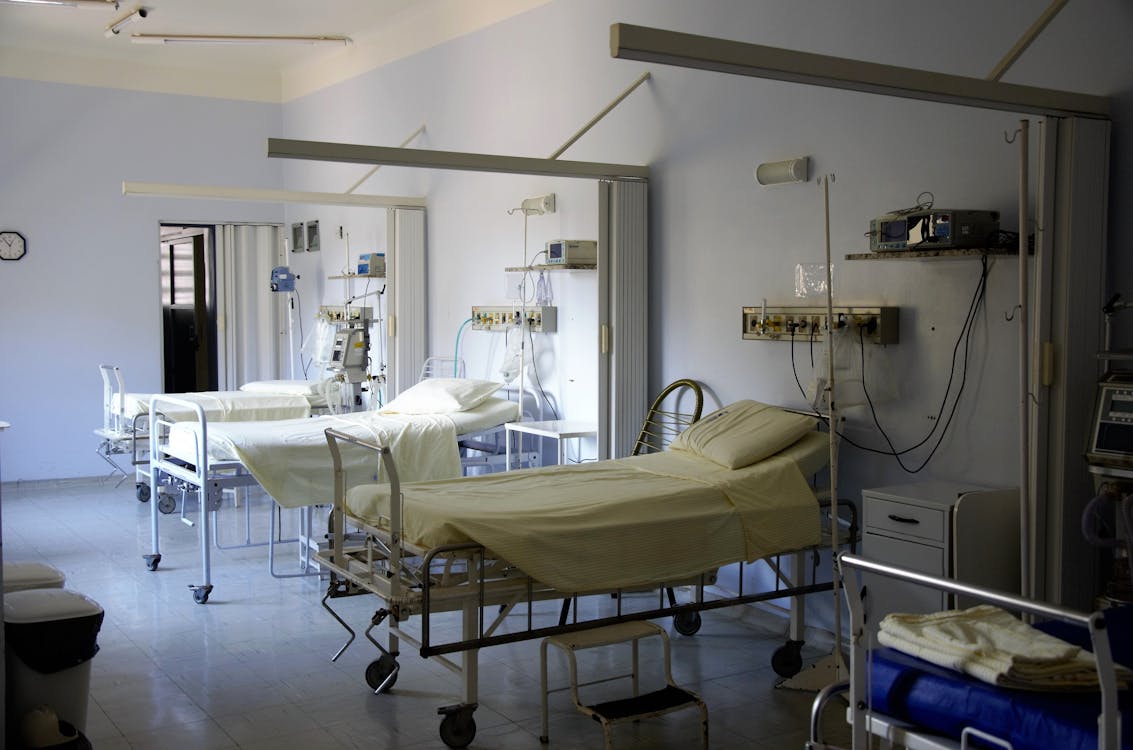Introduction
Improving primary health care in Pakistan is essential for addressing
the healthcare needs of the population, promoting health equity, and achieving
better health outcomes. Despite efforts to strengthen the healthcare system,
Pakistan faces various challenges in delivering quality primary health care
services, particularly in rural and underserved areas. To enhance primary
health care in Pakistan, it's crucial to focus on several key areas, including
infrastructure development, healthcare workforce capacity building, access to
essential medicines and technologies, community engagement, and health
financing reforms. Let's explore these strategies in more detail:
1. Infrastructure Development:
Investing in infrastructure development is fundamental to
improving primary health care in Pakistan. This includes building and upgrading
healthcare facilities such as basic health units (BHUs), rural health centers
(RHCs), dispensaries, and maternal and child health centers (MCHCs).
Infrastructure improvements should focus on ensuring adequate physical
infrastructure, medical equipment, and supplies to deliver essential healthcare
services.
Additionally, leveraging technology, such as telemedicine
and electronic health records (EHRs), can enhance healthcare delivery,
particularly in remote areas with limited access to healthcare providers. By
strengthening infrastructure, Pakistan can expand access to primary health care
services and improve the quality of care provided to communities.
2. Healthcare Workforce Capacity Building:
Investing in the training and capacity building of
healthcare workers is essential for delivering quality primary health care
services. This includes recruiting and retaining skilled healthcare
professionals, such as doctors, nurses, midwives, paramedics, and community
health workers. Training programs should focus on equipping healthcare workers
with the knowledge and skills needed to provide comprehensive primary health
care, including preventive, promotive, curative, and rehabilitative services.
Furthermore, initiatives to improve healthcare worker
morale, job satisfaction, and retention, such as providing competitive
salaries, incentives, and professional development opportunities, can help
address workforce shortages and improve the overall quality of care.
3. Access to Essential Medicines and Technologies:
Ensuring access to essential medicines, vaccines, and
medical technologies is critical for delivering effective primary health care
services. Pakistan should prioritize efforts to strengthen pharmaceutical
supply chains, improve drug procurement and distribution systems, and reduce
medicine stockouts at primary health care facilities.
Moreover, investments in medical technologies, diagnostic
equipment, and point-of-care testing devices can enhance the capacity of
primary health care providers to diagnose and treat common health conditions
promptly. By addressing barriers to accessing essential medicines and
technologies, Pakistan can improve health outcomes and patient satisfaction
with primary health care services.
4. Community Engagement and Empowerment:
Community engagement and empowerment are essential for
improving primary health care in Pakistan. Engaging communities in healthcare
decision-making, raising awareness about health issues, and promoting healthy
behaviors can enhance health literacy and encourage active participation in
healthcare delivery.
Community health workers, such as lady health workers
(LHWs), play a crucial role in facilitating community engagement and providing
culturally sensitive health education and counseling. Strengthening the role of
community health workers, establishing community health committees, and
fostering partnerships between healthcare providers and community organizations
can empower communities to take ownership of their health and advocate for
their healthcare needs.
5. Health Financing Reforms:
Reforming health financing systems is essential for ensuring
sustainable funding for primary health care in Pakistan. This includes
increasing public investment in healthcare, improving budget allocation and
expenditure management, and exploring innovative financing mechanisms, such as
health insurance and social health protection schemes.
Furthermore, efforts to enhance financial accountability,
transparency, and efficiency in healthcare spending can optimize resource
allocation and improve the delivery of primary health care services. By
prioritizing health financing reforms, Pakistan can strengthen its healthcare
system and ensure equitable access to quality primary health care for all its
citizens.
Conclusion:
Improving primary health care in Pakistan requires a
comprehensive approach that addresses infrastructure development, healthcare
workforce capacity building, access to essential medicines and technologies,
community engagement, and health financing reforms. By investing in these key
areas and implementing evidence-based interventions, Pakistan can strengthen
its primary health care system, expand access to quality healthcare services,
and improve health outcomes for its population. Collaborative efforts between
government agencies, healthcare providers, civil society organizations, and
international partners are essential to driving positive change and achieving
the goal of health for all in Pakistan.


